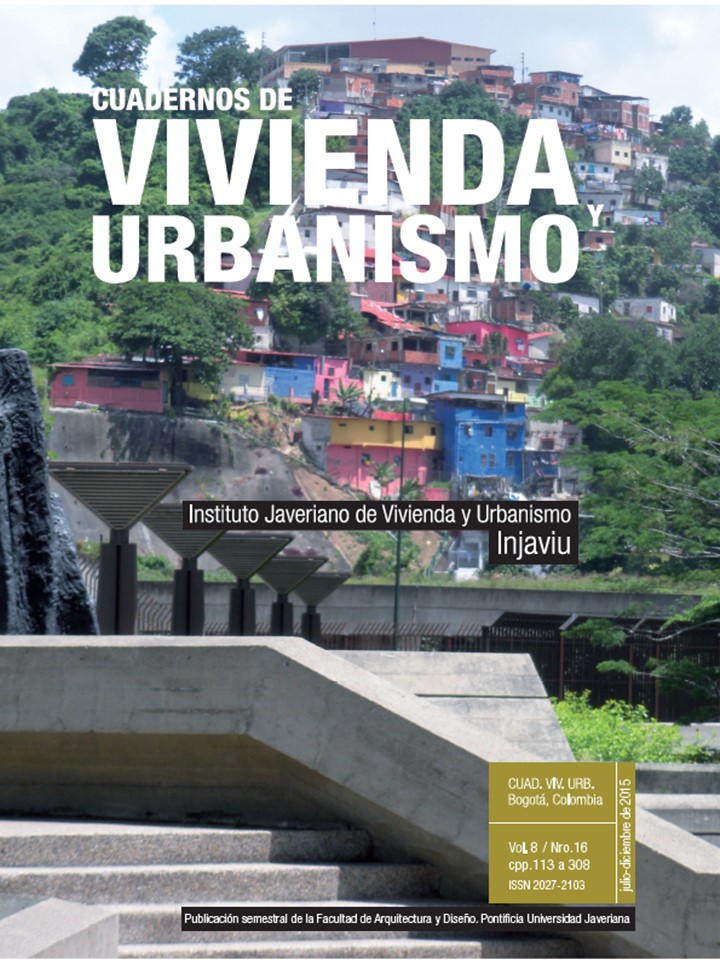Resumen
El tema de la salud mental debe abordarse tanto desde factores individuales como colectivos, así que es fundamental que la Psicología se enfoque en el entorno donde se desarrollan las personas. En Costa Rica, una de las problemáticas más sobresalientes en los últimos años es la inseguridad ciudadana, la cual, según los planteamientos de este documento, está influenciada por características del espacio público, que tiene una función importante en la promoción de la salud. En el presente artículo, se muestra de manera resumida una investigación realizada con el objetivo de identificar aquellas características físicas y sociales del espacio público del Cantón de Montes de Oca que influyen en la percepción de inseguridad. Para ello se utilizó el Irvine Minnesota Inventory (Boarnet, Day, Alfonzo, Forsyth y Oakes, 2006) que fue adaptado al contexto del estudio y además la Escala de Inseguridad Percibida (Ovares y Quirós, 2013) desarrollada durante la investigación.
Esta revista científica se encuentra registrada bajo la licencia Creative Commons Reconocimiento 4.0 Internacional. Por lo tanto, esta obra se puede reproducir, distribuir y comunicar públicamente en formato digital, siempre que se reconozca el nombre de los autores y a la Pontificia Universidad Javeriana. Se permite citar, adaptar, transformar, autoarchivar, republicar y crear a partir del material, para cualquier finalidad (incluso comercial), siempre que se reconozca adecuadamente la autoría, se proporcione un enlace a la obra original y se indique si se han realizado cambios. La Pontificia Universidad Javeriana no retiene los derechos sobre las obras publicadas y los contenidos son responsabilidad exclusiva de los autores, quienes conservan sus derechos morales, intelectuales, de privacidad y publicidad.
El aval sobre la intervención de la obra (revisión, corrección de estilo, traducción, diagramación) y su posterior divulgación se otorga mediante una licencia de uso y no a través de una cesión de derechos, lo que representa que la revista y la Pontificia Universidad Javeriana se eximen de cualquier responsabilidad que se pueda derivar de una mala práctica ética por parte de los autores. En consecuencia de la protección brindada por la licencia de uso, la revista no se encuentra en la obligación de publicar retractaciones o modificar la información ya publicada, a no ser que la errata surja del proceso de gestión editorial. La publicación de contenidos en esta revista no representa regalías para los contribuyentes.


